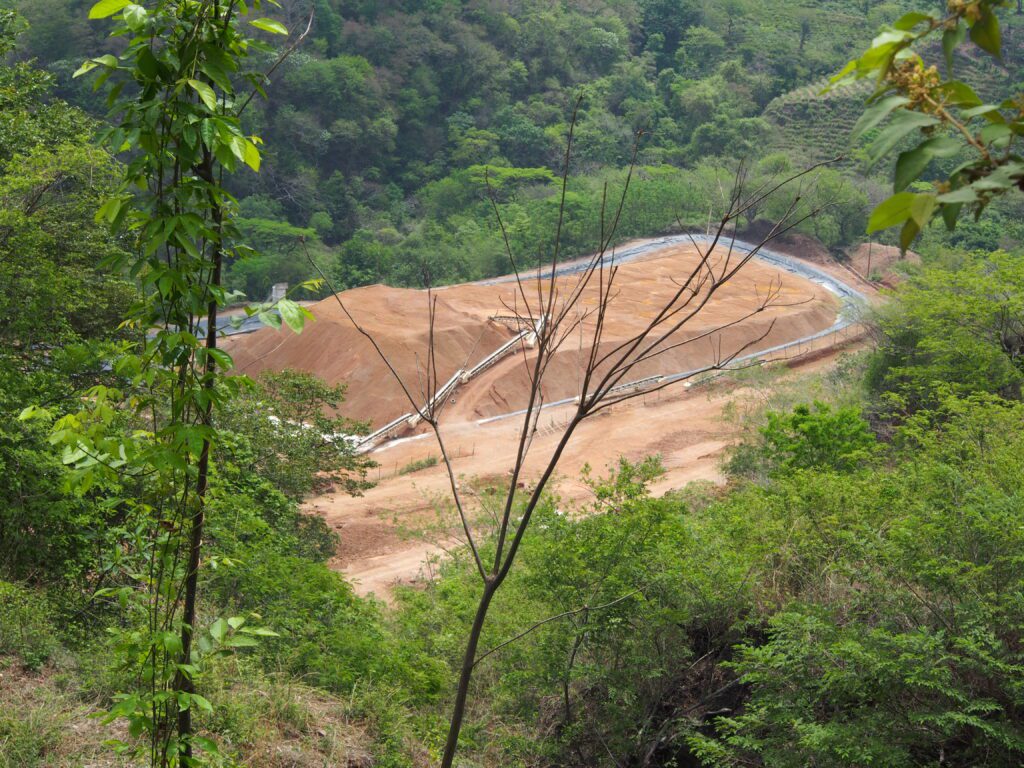By Kathleen Cross, Campaigns Officer – Advocacy and Mobilization
Postponed because of the COVID-19 pandemic last year, the 26th Conference of the Parties (COP26) to the United Nations Framework Convention on Climate Change begins in Glasgow on October 31.
Measures put in place to minimize the still-present risk of infection have effectively excluded many from the Global South who are most vulnerable to climate change, along with many youth organizations, from the conference’s halls of power. This means that the necessary high-level decisions of COP26 may be taken without being informed by the experiences, expertise and needs of those who are most affected.
State of affairs
The average global temperature has already risen by 1.1 C since the mid-19th century. By the end of 2021, we will have used up 86 per cent of the carbon budget for a 50/50 chance of staying below an average rise of 1.5 C, with half of total emissions released in the past 40 years alone1. The Intergovernmental Panel on Climate Change warns that we will likely reach the 1.5 C mark within the next 20 years2.
Pledges made ahead of COP26 indicate an increase in global emissions of about 16 per cent in 2030 over 2010, which would lead to a warming of 2.7 C3. Notably, these estimates expect global temperatures to rise above this threshold before settling into the “average” pattern. This will have significant effects on people and the planet and will necessitate significant mitigation, adaptation and recovery efforts.
Canada on key issues at COP26
Canada is the 10th largest carbon emitter, and the worst per-capita contributor to climate-changing emissions4. Canada and the U.S. were the only G7 countries to have increased emissions since signing the Paris Agreement, with Canada’s increase being five times that of the U.S.5 Canada must urgently end funding the fossil fuel industry and redirect the money to a just transition at home and abroad.
Emissions target: Canada’s Nationally Determined Contribution ahead of COP26 is to reduce emissions by 40 to 45 per cent below 2005 levels by 2030. However, the Climate Action Network calculates that to contribute its fair share to the 1.5 C goal, Canada must increase this objective to at least 140% below 2005 levels by 2030.
Financing for adaptation and mitigation: While Canada announced in June 2021 that it would double its contribution to climate financing to CA$5.3 billion over the next five years, this target falls dramatically short of its fair share, which would be about US$4.2 billion per year6.
Article 6: COP25 failed to reach agreement on the rules for the Carbon Market under Article 6 of the Paris Agreement. Canada must advocate for transparency in accounting for credits and ensure strong protections for human rights, especially those of Indigenous Peoples, in the approvals process. Weak or ambiguous carbon trading rules would only create a new carbon economy instead of reducing overall emissions and could perpetuate colonial economic and natural resource management approaches, further exacerbating existing inequalities and vulnerabilities.


From policy to practice
Because climate action is fundamentally about human rights, we must consider the human impact of all climate policies. Delayed climate action will increase the severe weather events that worsen food insecurity, conflict and forced migration. Even climate solutions can have heavy costs. Zero-emission vehicles, for instance, require the pollution-heavy mining of rare earth metals for batteries and hydroelectric projects often displace, dispossess, and impoverish Indigenous communities.
The Paris Agreement enjoins parties to respect, promote, and consider their obligations to human rights, including the right to health, the rights of Indigenous peoples, local communities, people in vulnerable situations, gender equality, the empowerment of women and intergenerational equity. COP26 must advance these priorities across all policies and ensure that climate negotiations account for the human and environmental cost of both inaction and of planned actions.
[1] Carbon Brief, October 5, 2021
[2] IPCC 2021 report released August 9, 2021
[3] UN Climate Change update October 25, 2021
[4] Carbon Brief, October 5, 2021


